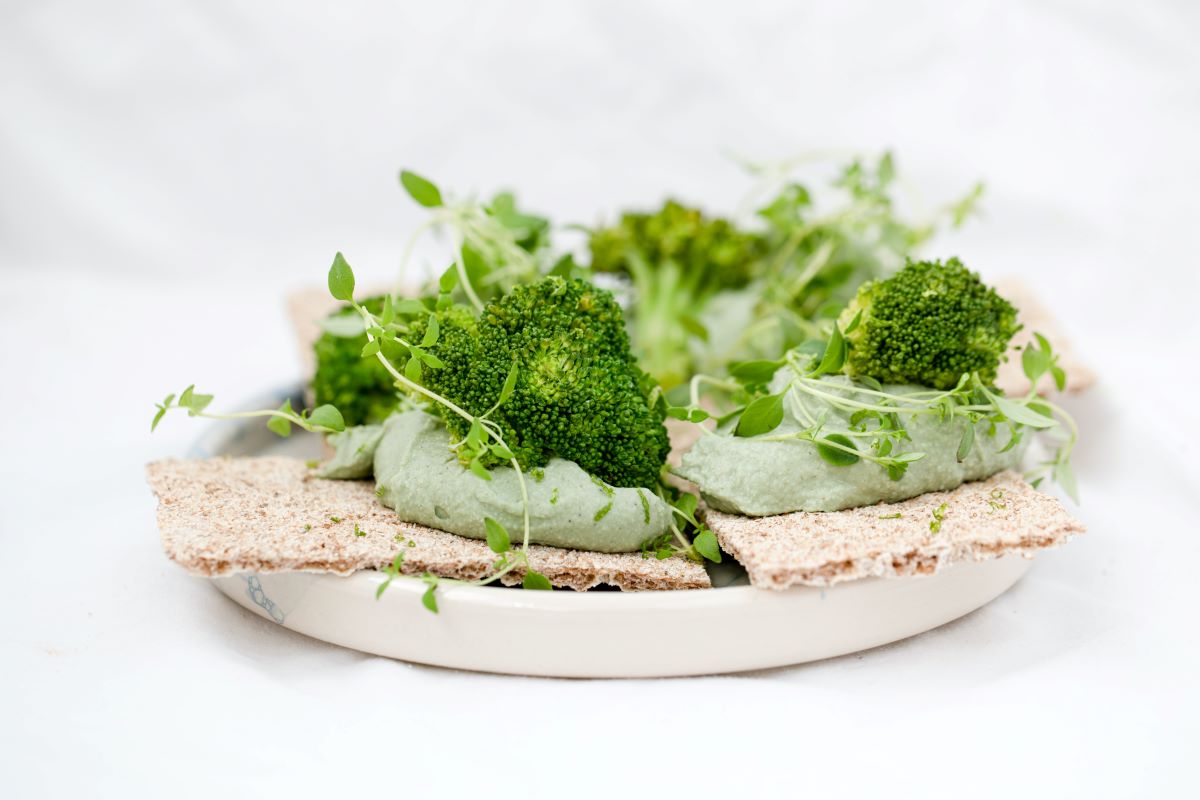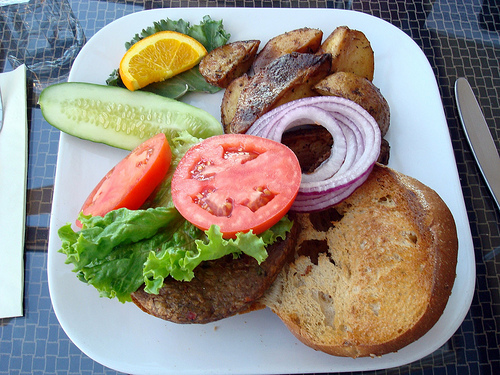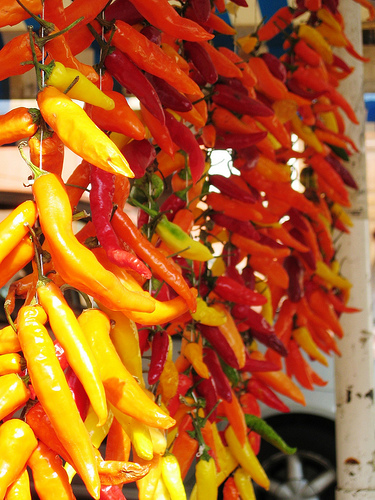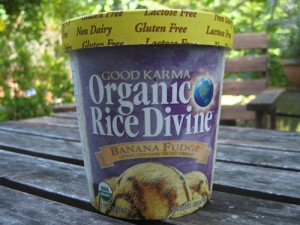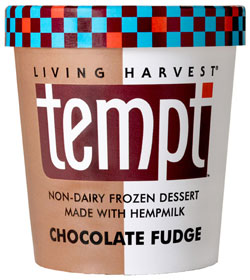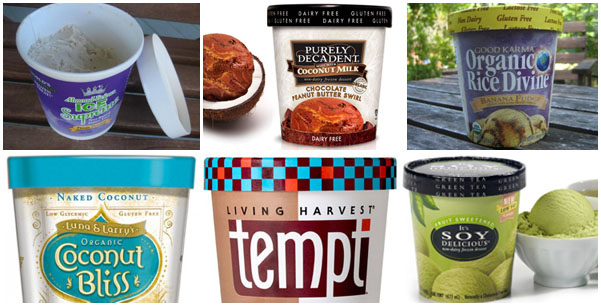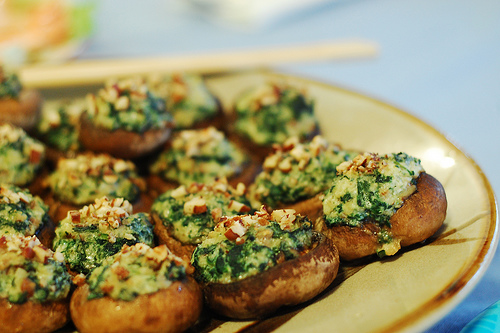Table of Contents
Choline, a powerful essential nutrient often overlooked, is pivotal in overall health and well-being. It’s essential for brain development, liver function, nerve function, muscle movement, energy levels, and healthy metabolism. The human body produces small amounts of choline, but not enough to meet our daily needs. This is why it is essential to include choline-rich foods in our diets.
Sourcing adequate choline can present a challenge for vegans, as many of the top sources are animal-based foods, such as beef liver and eggs. However, the idea that only animal products can provide enough choline is a myth.
In this article, we delve into the world of choline, its benefits, and how to source it from a plant-based diet, ensuring your body gets enough of this crucial nutrient.
Choline’s Importance for the Body
Choline is a vital nutrient, crucial for various bodily functions. Recognized by the National Institutes of Health (NIH), it plays an important role in maintaining optimal human health. From brain function to cell structure, the importance of choline cannot be overstated.
Firstly, choline is vital for brain development and function. It aids in producing acetylcholine, a neurotransmitter that regulates memory, mood, and other nervous system functions. Studies have demonstrated the role of choline in cognitive function, with low choline levels associated with neurological disorders, including Alzheimer’s disease.
Furthermore, choline is integral to the structure and function of cell membranes. It is a part of phosphatidylcholine, a phospholipid that is a major component of cellular membranes. It ensures the integrity of cells and aids in transmitting signals within them.
Choline also plays an important role in lipid transportation and metabolism. It helps remove cholesterol from the liver, preventing the buildup that could lead to liver damage or other health problems. In conjunction with other B vitamins, it helps convert food into energy, thus supporting our energy levels.
For pregnant women, adequate choline intake is crucial as it significantly aids fetal brain development and can reduce the risk of neural tube defects. Whether on a vegan diet or otherwise, men, women, and children all require this nutrient for their bodies to function correctly.
Next, we will dive into how to ensure adequate choline intake for those on vegan diets. Vegan sources of choline do exist and can be effectively used to meet the dietary targets for this nutrient.

Brain Health
The impact of choline on brain health is substantial. The nutrient plays a significant role in cognitive function, memory, and mood regulation. Choline is involved in the synthesis of acetylcholine, a neurotransmitter that is crucial for healthy brain function.
Acetylcholine helps maintain the mind’s and memory’s sharpness by facilitating communication between nerve cells. Recent studies have shown that adequate choline intake could reduce the risk of Alzheimer’s disease and other forms of dementia. This makes choline particularly important in diets aiming to support brain health.
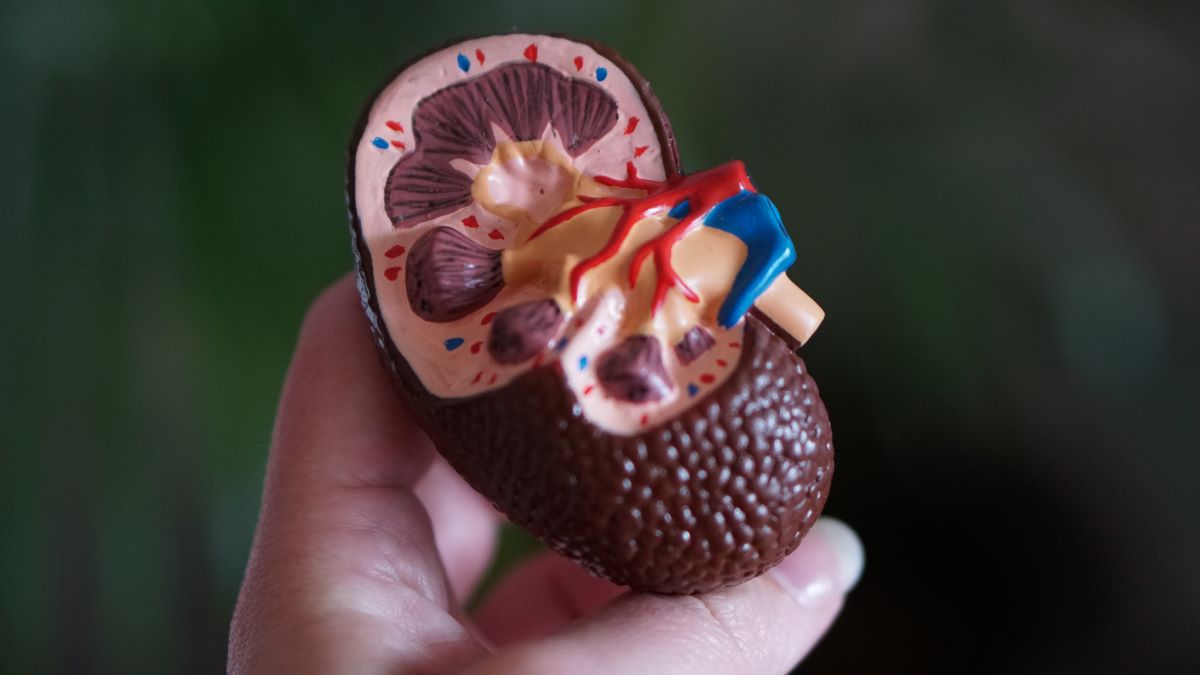
Liver Function
Choline also plays a pivotal role in maintaining liver function. One of its key roles is to transport fats, or lipids, away from the liver to other body parts where they are needed. This action helps prevent the accumulation of fats in the liver, which can lead to liver damage or, even worse, non-alcoholic fatty liver disease.
Choline deficiency has been linked to liver diseases, showing the importance of maintaining adequate choline intake in the diet.

Nervous System
The influence of choline extends to the nervous system, as well. As previously mentioned, it’s involved in the production of acetylcholine, a crucial neurotransmitter that facilitates communication between nerve cells and muscles, thus ensuring the proper functioning of the nervous system.
Choline also contributes to maintaining the myelin sheath, a protective layer that surrounds nerves and enhances the speed and efficiency of electrical impulses throughout the body. These factors underline choline’s importance for maintaining optimal nerve function.
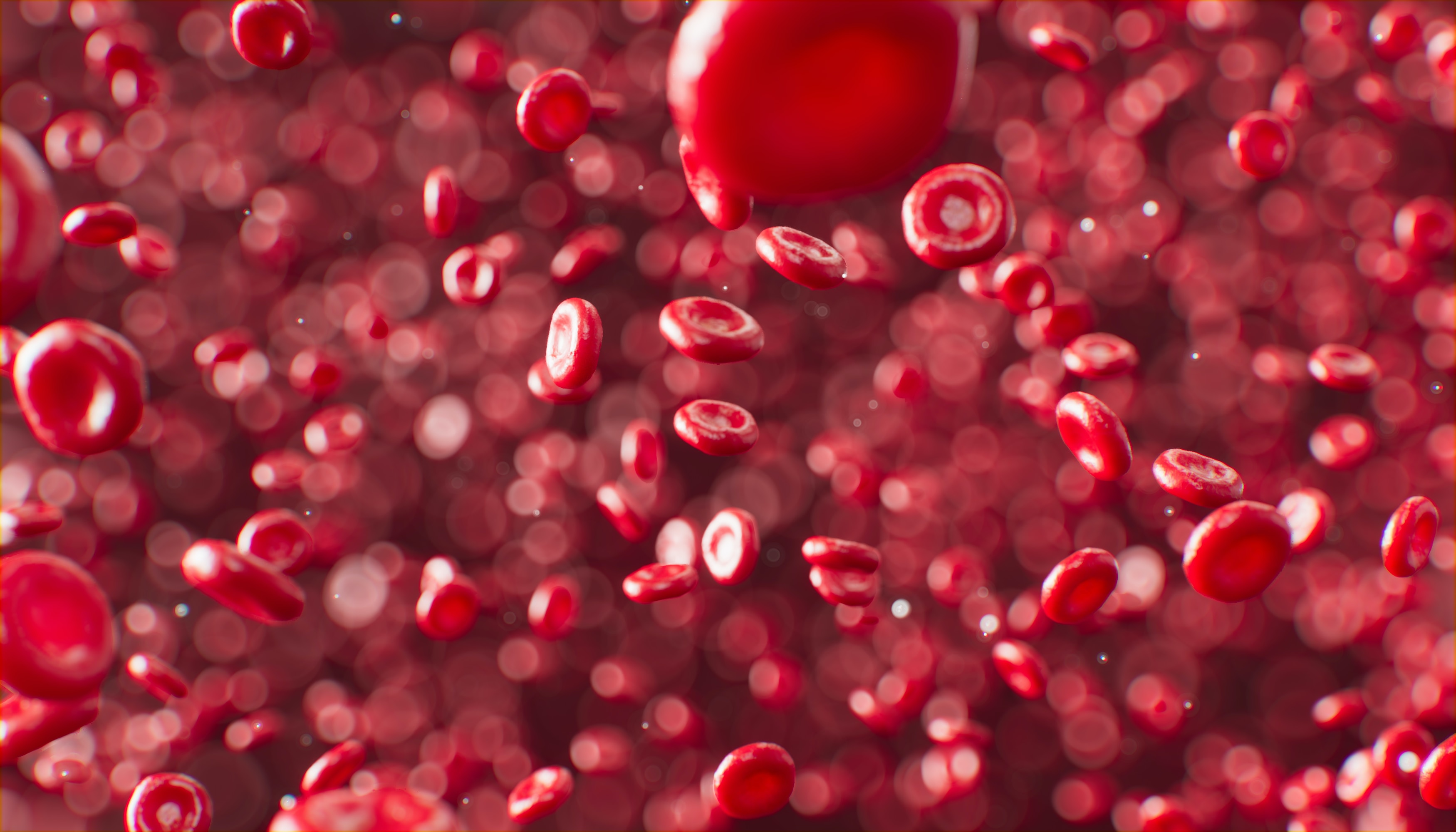
Cell Membrane Integrity
Choline plays an indispensable role in preserving the integrity of cell membranes. It’s a fundamental component of phosphatidylcholine, a phospholipid that is a major constituent of cell membranes.
Phosphatidylcholine ensures cell membranes remain flexible yet sturdy, allowing for proper cell function and communication. Additionally, it plays a significant role in cell signaling, lipid transport, and metabolism. Cells’ structural integrity and function can be compromised without adequate choline, leading to various health problems.
Vegan Food Sources of Choline
While choline is abundant in various animal-based foods, vegans must know they can also meet their daily choline needs through certain plant-based foods. Although vegan diets exclude animal products such as eggs and liver, which are high in choline, several vegan-friendly foods can effectively supply this essential nutrient.
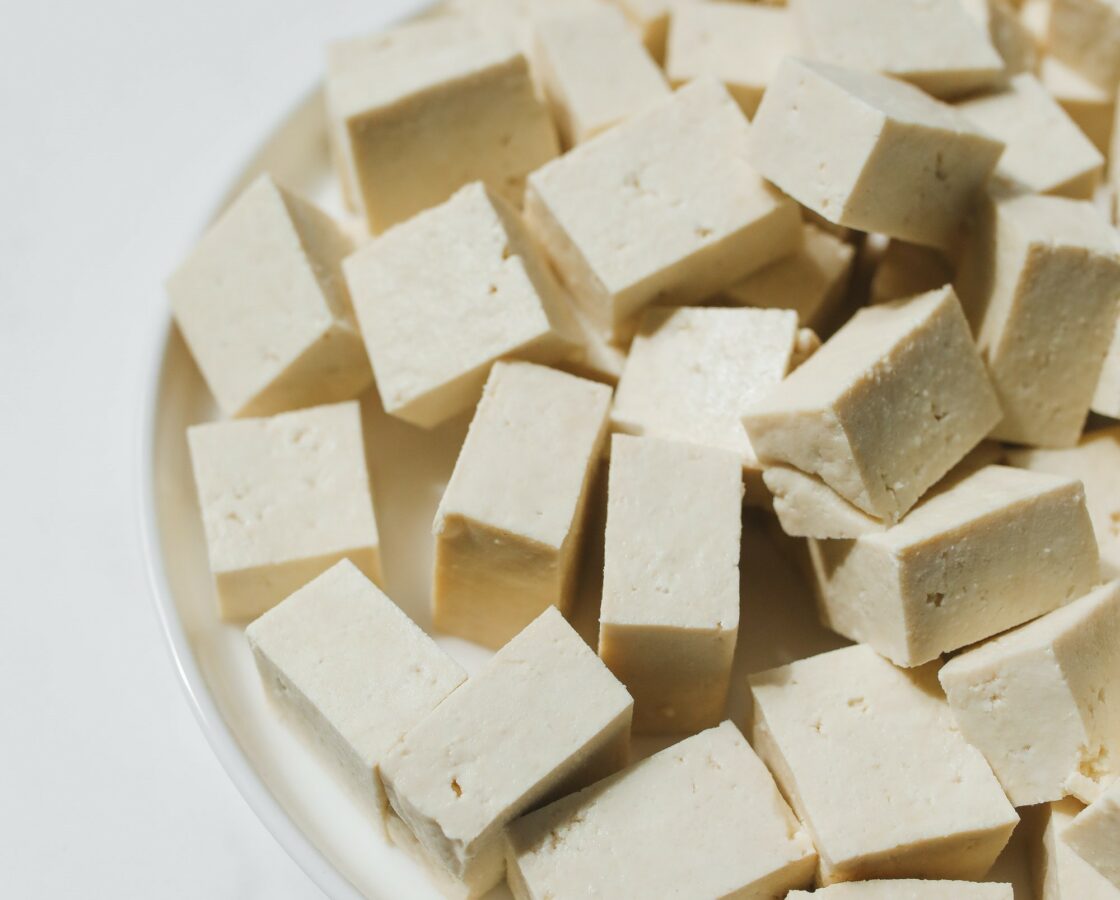
Soybeans
A star in the vegan choline list, soybeans are a potent source of choline. Soybeans and soy-based products contribute to your choline intake and provide an excellent source of protein, fiber, and various vitamins and minerals.
Some common vegan-friendly, choline-rich soy products include tofu, tempeh, and soy milk. For example, a cup serving of tofu contains about 100 milligrams of choline, making it an excellent addition to a vegan diet.
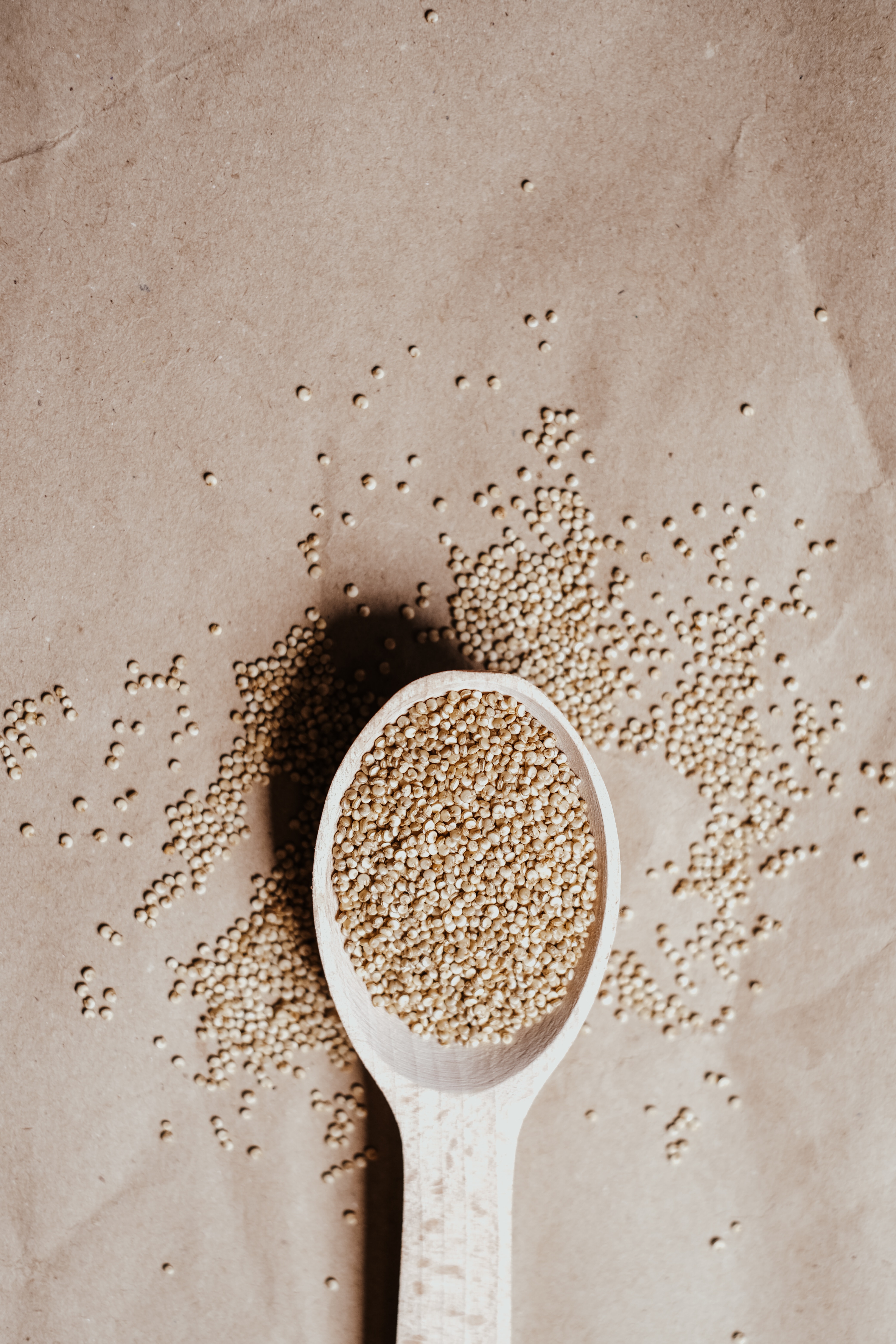
Quinoa
A complete protein and a powerhouse of nutrients, quinoa is another excellent plant-based source of choline. This versatile grain can be incorporated into any meal of the day and adds a significant amount of choline to a vegan diet.
Quinoa salads, bowls, and even quinoa breakfast cereals are all fantastic ways to boost your choline intake. Plus, pairing quinoa with other choline-rich vegetables can create a nutrition-packed, choline-rich meal.
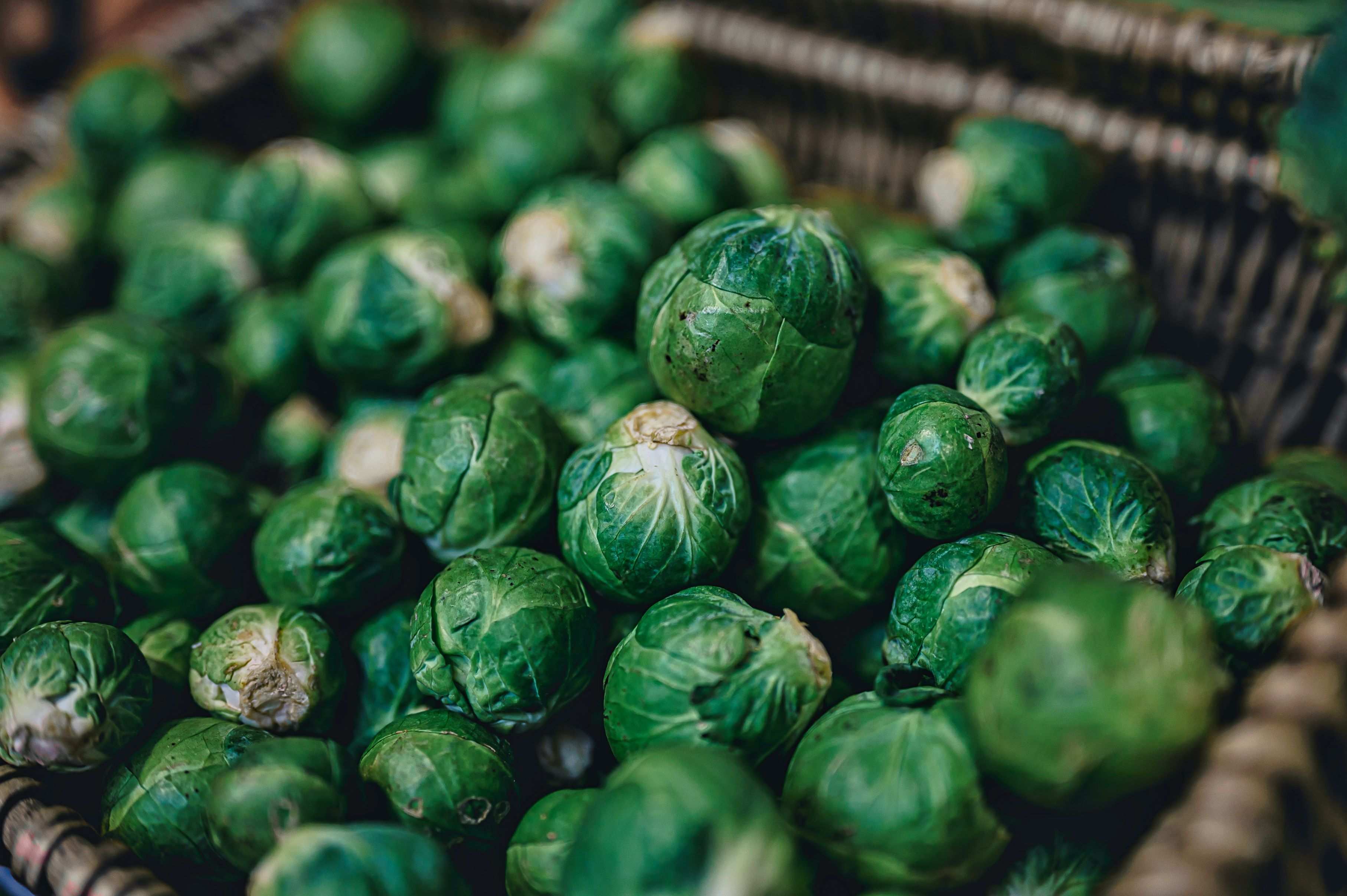
Brussel Sprouts
Brussel sprouts are another choline-rich food that vegans can enjoy. This cruciferous vegetable contains choline and boasts other important nutrients such as Vitamin K, Vitamin C, and fiber.
Brussel sprouts can be roasted, grilled, or steamed, and they make a wonderful addition to any vegan meal. Remember, overcooking can lead to the loss of choline, so it’s best to cook these vegetables until they are tender-crisp to maintain their nutrient content.
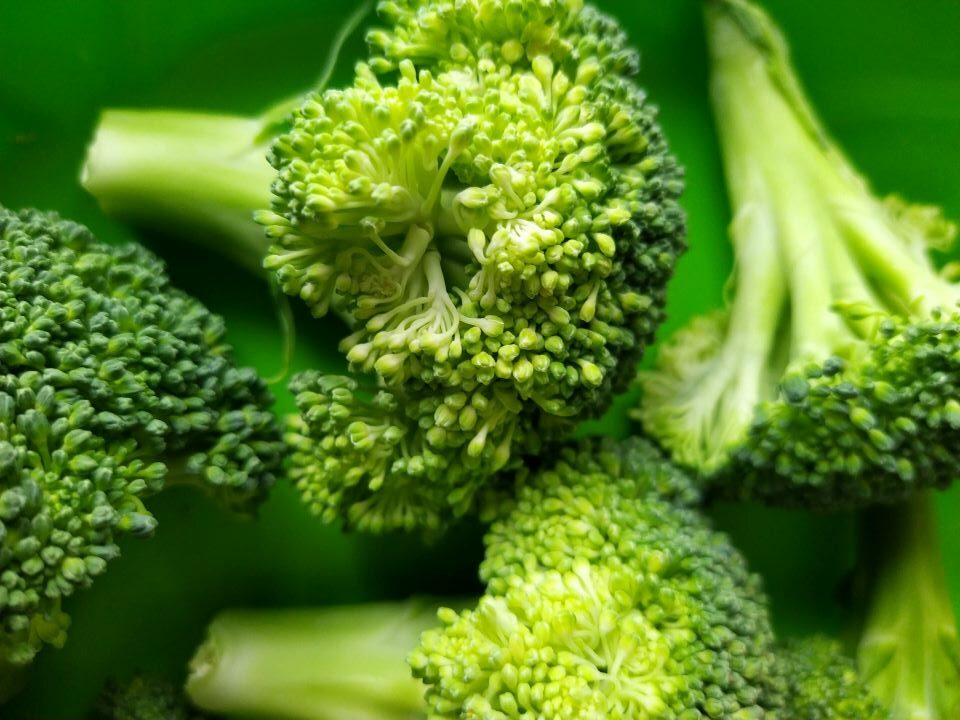
Broccoli
Broccoli is another nutrient-dense cruciferous vegetable that is high in choline. Regular broccoli consumption can significantly maintain brain health, thanks to its choline content. Choline in broccoli is essential for brain development and function, as it produces neurotransmitters that facilitate brain signals.
Moreover, broccoli contains other nutrients like Vitamin K, Vitamin C, fiber, and antioxidants that contribute to overall health. Its versatility makes it easy to include in your meals.
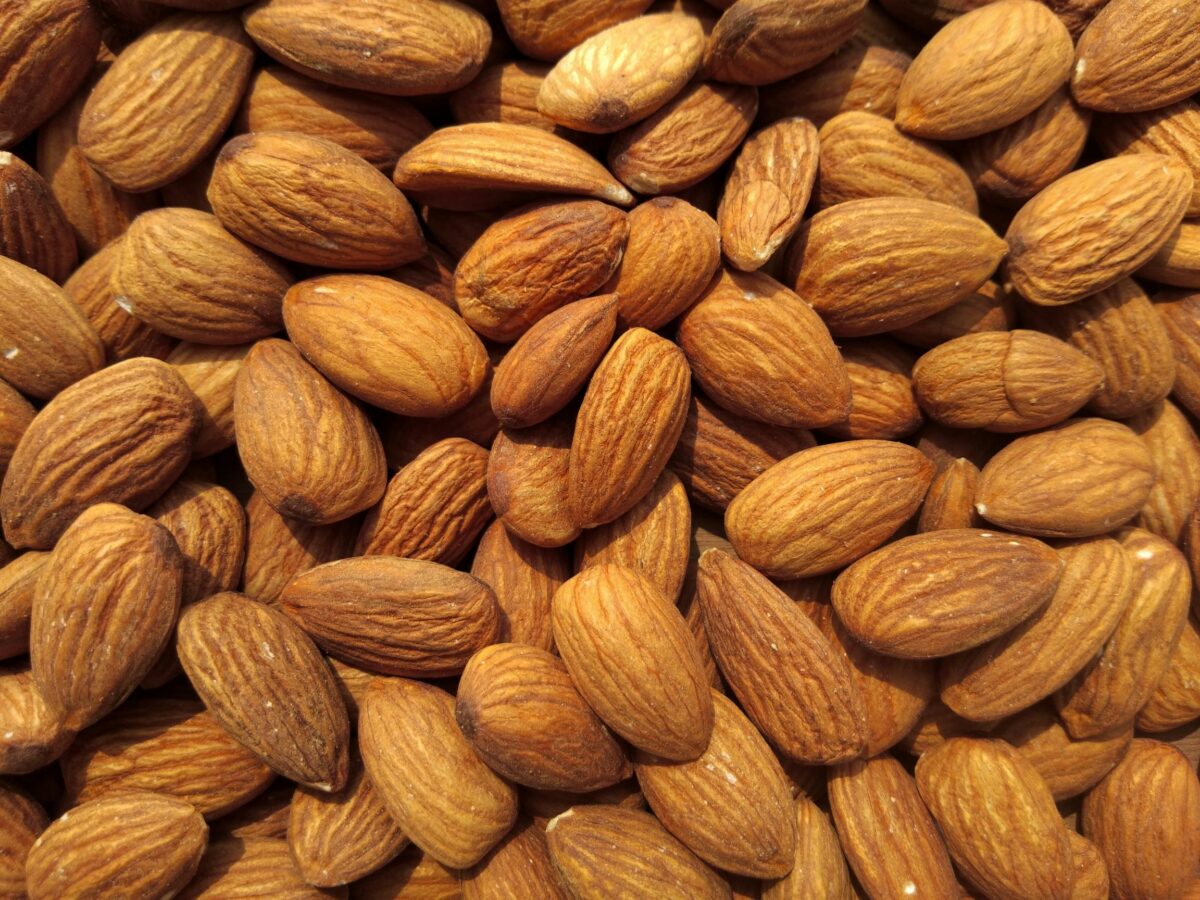
Almonds
Almonds are a noteworthy plant-based source of choline. They are rich in choline and a great source of protein, healthy fats, Vitamin E, and especially calcium, making them essential for vegans who need to ensure adequate calcium intake.
In addition to being a healthy snack, almonds can be used in various dishes. You can sprinkle them onto salads, and use them as a crunchy topping for your oatmeal. Nut butter, such as almond butter, is also an excellent way to get choline into your diet.
Vegan Choline Supplements
Despite the availability of choline-rich foods in a well-planned vegan diet, some individuals might need to consider supplementation, particularly in certain life stages such as pregnancy or specific health conditions. These may include genetic variations that affect the body’s ability to metabolize choline efficiently.
Choline Supplements
Plant-derived choline supplements, such as those from sunflower lecithin, are a reliable vegan source of choline. Using sunflower lecithin offers a natural, allergen-free, and non-GMO way of boosting your choline intake.
While dietary choline is best obtained from food sources, supplements can ensure an adequate choline intake, especially when meeting daily needs becomes challenging. For instance, according to the European Food Safety Authority, the adequate intake for an adult is 400 mg of choline per day.
A choline supplement can help achieve this, particularly in vegan diets requiring extra help. It’s essential to remember that supplements should not replace a varied diet but complement it when necessary.
Combination Supplements
Additionally, choline is often combined with other essential nutrients in many dietary supplements. These could include folic acid and other B-vitamins, which synergistically work with choline to optimize health benefits.
Folic acid, also known as folate or vitamin B9, works hand in hand with choline to help with DNA synthesis and repair. It’s also vital in producing red blood cells, just like choline. These nutrients often go hand in hand in the body’s processes, making a combination supplement a potentially beneficial choice for vegans.
It’s crucial to consult a healthcare professional or a registered dietitian when considering choline supplements or choline-containing dietary supplements. They can provide individualized advice based on your needs, current health status, and dietary preferences.
How the Body Uses Choline
Understanding how the body uses choline can provide useful insight into managing your choline intake effectively, especially if you’re following a vegan diet. Choline, consumed through food or supplements, is absorbed by the cells lining the small intestine. Once absorbed, it enters the bloodstream and is transported to the liver, where it’s distributed to the rest of the body as needed.
Positive Absorption Interactions
Certain nutrients can enhance choline absorption. For example, fats help absorb choline in the form of lecithin, found in many plant-based foods like soy and sunflower seeds.
Healthy Fat and Choline
Your meal’s amount of dietary fat can impact how much choline is absorbed in your body. Therefore, eating adequate healthy fats, such as avocados, nuts, and seeds, can increase choline absorption.
Moreover, a diet rich in various plant-based foods ensures a wide range of nutrients that support overall health and wellbeing, further enhancing the body’s utilization of choline.
Lifestyle Factors that Impact Choline Needs
Choline absorption can be influenced not only by diet but also by several lifestyle factors. These factors can alter the body’s choline requirements, the efficiency of absorption, and the overall metabolism of choline in the body.
Alcohol Consumption
Excessive alcohol consumption can significantly impact the absorption and metabolism of choline. Alcohol can induce oxidative stress and inflammation in the liver, where choline is primarily metabolized. This can lead to a decreased capacity to metabolize choline and an increased requirement for this essential nutrient. In severe cases, chronic alcohol abuse can lead to fatty liver disease exacerbated by choline deficiency.
Smoking
Cigarette smoking can also affect choline metabolism. Nicotine, the primary addictive substance in cigarettes, can increase the breakdown of choline in the body, leading to increased choline needs.
Physical Activity
Physical activity levels can influence choline requirements. Regular intense exercise increases the body’s demand for choline as it’s used for various bodily functions such as muscle function and maintaining the integrity of cell membranes. However, it’s also important to note that an active lifestyle with regular moderate exercise can improve overall health, including nutrient absorption and metabolism efficiency.
Age and Gender
Age and gender can also impact choline absorption and requirements. For instance, postmenopausal women may have higher choline needs than premenopausal women due to the reduced production of estrogen, which can affect choline metabolism.
Pregnant and breastfeeding women also require more choline, vital for developing the fetus’ brain and nervous system. However, research has shown that many pregnant women do not get enough choline in their diet, which can affect the baby’s health.
According to the National Institute for Health:
- Infants up to 6 months: 125mg of choline daily
- Infants 7 months – 12 months old: 150mg of choline daily
- Children 1 year – 3 years old: 200mg of choline daily
- Children 4 years – 8 years old: 250mg of choline daily
- Children 9 years – 13 years old: 375mg of choline daily
- Teen Boys 14 years – 18 years old: 550mg of choline daily
- Teen Girls 14 years – 18 years old: 400mg of choline daily
- Adult Men 19+ years old: 550mg of choline daily
- Adult Women 19+ years old: 425mg of choline daily
- Pregnant teens & women: 450mg of choline daily
- Lactating teens & women: 550mg of choline daily
Stress
Chronic stress may also influence choline metabolism. Prolonged stress can lead to hormonal imbalances that may affect the body’s use of choline. While the exact mechanisms are not entirely understood, it is known that chronic stress can negatively affect overall nutrient absorption and metabolism, potentially impacting choline levels as well.
Genetics
Genetic factors can also play a significant role in choline metabolism. Genetic variations can affect the body’s ability to metabolize choline efficiently, increasing choline requirements.
As you can see, various lifestyle factors can influence your body’s ability to absorb and metabolize choline. It’s crucial to consider these factors in the context of your health and lifestyle when planning your diet or considering choline supplementation. Always consult a healthcare provider or registered dietitian to understand your choline needs better.
Tips for Meeting Choline Needs on a Vegan Diet
Choline is essential for good health, but meeting choline requirements can sometimes be challenging for people following a vegan diet. This is because some of the richest sources of choline are animal-based foods like eggs and meat. However, vegans can meet their choline needs with careful meal planning and the right food choices.
Choose Choline-Rich Plant Foods
While the highest concentrations of choline are found in animal products, there are plenty of plant-based foods that contain choline:
- Soy products: Tofu, tempeh, and edamame are high in choline. Soy lecithin, often used as a food additive, is also rich in choline.
- Whole grains: Foods like quinoa, brown rice, and whole wheat bread can increase your daily choline intake.
- Nuts and seeds: Almonds, peanuts, and flaxseeds are decent sources of choline.
- Vegetables: Vegetables contain choline, such as broccoli, brussels sprouts, and cauliflower.
- Legumes: Chickpeas, kidney beans, and lentils can help meet choline needs.
Meal Planning
Planning meals is crucial to ensure a balanced diet. When planning your meals, incorporate various choline-rich foods throughout the day. For example, you might start with a breakfast of whole-grain cereal or toast, have lunch with a chickpea salad or tofu stir-fry, and enjoy a quinoa dinner with roasted vegetables.
Consider Choline Supplements
If you’re concerned you’re not getting enough choline from your diet, you may consider a choline supplement. However, supplements should be a last resort and not a replacement for a balanced, varied diet. It’s also important to consult with a healthcare professional before starting any new supplement regimen, as excessive choline intake can lead to health issues like lowered blood pressure, increased sweating, and liver toxicity.
Regular Nutritional Assessment
Lastly, as with any dietary lifestyle, vegans must get regular nutritional assessments to meet their nutritional needs. These assessments can help identify any potential deficiencies or excesses, including choline.
To sum up, while the vegan diet may pose challenges to meeting choline needs, with careful planning and awareness of the right plant-based sources, it is entirely possible to have a choline-rich vegan diet.
FAQ
Why is choline important for vegans?
Choline is essential for various bodily functions, including brain health, nerve function, and metabolism. Vegans need to ensure they get enough choline through plant-based sources to support these functions since animal products are traditional choline-rich sources.
Can I rely solely on plant-based foods to meet my choline needs?
While it’s possible to meet choline requirements on a vegan diet, it might be challenging to do so solely from natural plant sources. Including choline-rich foods like soy, legumes, and leafy greens is important, and you might consider fortified foods or supplements if needed.
Can cooking affect the choline content in foods?
Cooking methods like boiling or steaming can cause some loss of choline in foods. To retain more choline, consider using cooking methods that preserve the liquid, like stir-frying or microwaving.
Is there anything in vegan choline sources that might affect absorption?
Some vegan choline sources, like legumes and whole grains, contain compounds like phytates that can inhibit nutrient absorption. Soaking, sprouting, or fermenting these foods can help reduce the impact of anti-nutrients.
